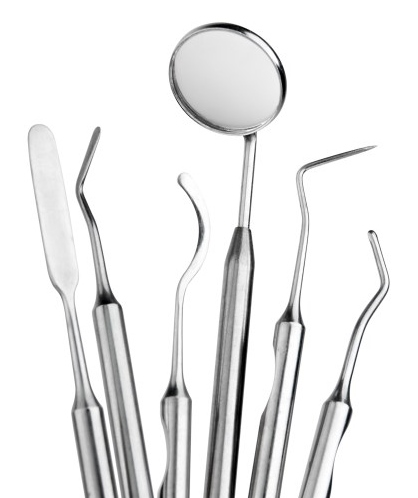PRINTED IN TCI WEEKLY NEWS
January 12th, 2013
With the start of January and the making of New Year’s resolutions it is a good time to have a think about our dental health and whether our current practices are ideal in ensuring that our teeth and gums are staying in great shape. Do we need to resolve that we won’t give our children candy just before going to bed? Or maybe promise that we will floss more?
To help you make the right resolutions, I would like to go back to basics and highlight the steps we should all follow to look after our teeth and gums.
Brushing teeth
This is the single most important thing you can do to care for your teeth.

You should brush at least twice a day, when you get up in the morning and the last thing before going to bed at night. Use a toothbrush with a small head as this makes it easier to get into hard-to-reach places in the mouth. I recommend a fluoride toothpaste as fluoride strengthens tooth enamel, can reverse early decay and help reduce sensitivity.
Gently brush the outside, inside and chewing surface of each tooth. 2 minutes is enough time to thoroughly brush an adult’s teeth. Also, keep an eye on the ‘health’ of your tooth brush. If the bristles are splaying out and flattening it’s time to invest in a new one.
In the case of younger children, it is often better that the adult does at least some of the brushing. I do not want to discourage children from brushing their own teeth but from experience with my own children I know that if I leave them to brush unassisted they generally just eat the toothpaste and then chew the toothbrush for a few seconds before announcing that they’ve finished!
Flossing
It is recommended that adults floss once a day. I recommend flossing after you have brushed your teeth in the evening.
Regular visits to the dentist
Six monthly check-ups with the dentist will ensure that any problems are detected early and corrective action can be taken. You can have cavities or gum disease without necessarily having pain; bad breath, bleeding gums, a white or light brown mark on the teeth can all be signs of potential problems or you may have no obvious symptoms at all. Early detection and correction of dental problems will mean less chance of dental pain, less chance of requiring emergency or complex treatment and less chance of losing teeth.
Professional cleaning will also ensure that teeth are given a thorough, deep cleaning and any calculus- which regular brushing at home cannot remove- is scaled away.
These simple steps will go a long way to keeping your teeth strong and healthy. Good luck with your resolutions and Happy New Year!
